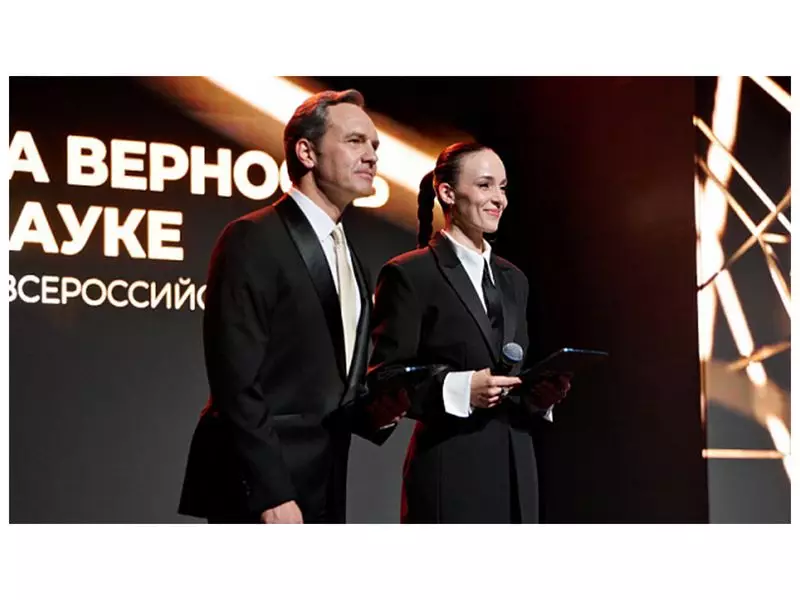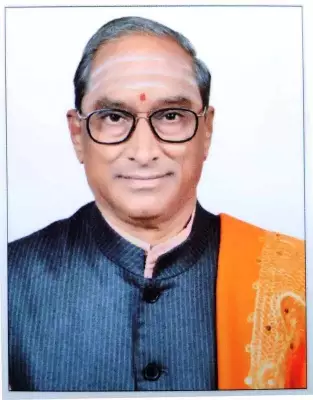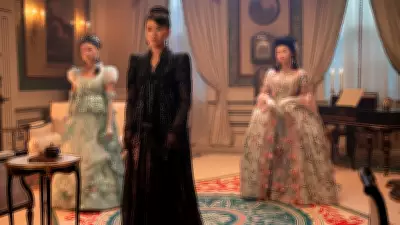
In a glittering ceremony that celebrated the bridge between complex scientific research and public understanding, Moscow recently honoured Russia's most exceptional science communicators. The prestigious awards recognised individuals and organizations that have mastered the art of transforming intricate scientific concepts into engaging, accessible content for mass audiences.
Celebrating Excellence in Science Communication
The event spotlighted the crucial role science popularisers play in today's information-driven society. These award winners have demonstrated remarkable skill in breaking down sophisticated scientific topics across various media platforms, from digital content and television programmes to public lectures and educational materials.
Diverse Fields of Scientific Outreach
Among the honoured were communicators specializing in multiple scientific disciplines, including:
- Cutting-edge physics and astronomy
- Advanced biological and medical research
- Environmental science and climate studies
- Technological innovations and engineering breakthroughs
- Mathematics and computer science applications
Bridging the Gap Between Labs and Living Rooms
The awards ceremony emphasized how these science ambassadors serve as vital connectors between research institutions and the general public. Their work ensures that groundbreaking discoveries don't remain confined within academic circles but instead inspire curiosity and scientific thinking among citizens of all ages.
Impact on Public Engagement
By making science relatable and exciting, these popularisers have significantly contributed to:
- Enhanced public scientific literacy
- Increased interest in STEM education among youth
- Greater appreciation for research funding and scientific development
- Improved public understanding of critical scientific issues affecting society
The recognition ceremony underscores Russia's commitment to fostering a culture where scientific knowledge is not just created but effectively shared with society at large. As the world becomes increasingly dependent on scientific advancements, the role of these communicators becomes ever more crucial in shaping an informed and scientifically-literate public.





